Meteorological Measurement Systems
This book treats instrumentation used in meteorological surface systems, both on the synoptic scale and the mesoscale, and the instrumentation used in upper air soundings. The text includes material on first- and second-order differential equations as applied to instrument dynamic performance, and required solutions are developed. Sensor physics are emphasized in order to explain how sensors work and to explore the strengths and weaknesses of each design type. The book is organized according to sensor type and function (temperature, humidity, and wind sensors, for example), though several unifying themes are developed for each sensor. Functional diagrams are used to portray sensors as a set of logical functions, and static sensitivity is derived from a sensor's transfer equation, focusing attention on sensor physics and on ways in which particular designs might be improved. Sensor performance specifications are explored, helping to compare various instruments and to tell users what to expect as a reasonable level of performance. Finally, the text examines the critical area of environmental exposure of instruments. In a well-designed, properly installed, and well-maintained meteorological measurement system, exposure problems are usually the largest source of error, making this chapter one of the most useful sections of the book.
{{comment.content}}
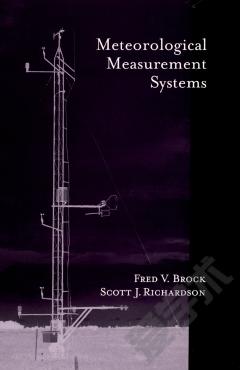
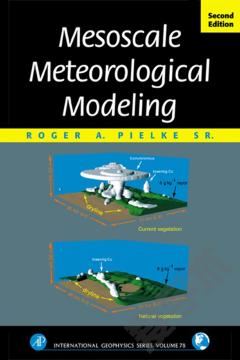

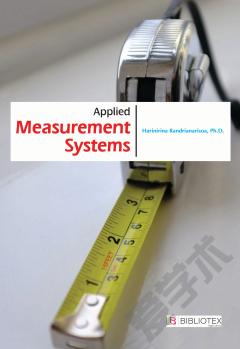
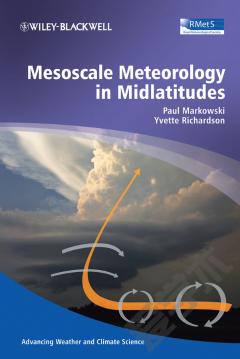
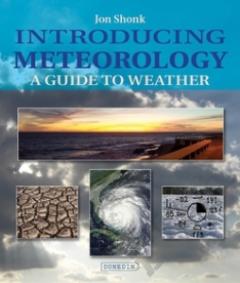
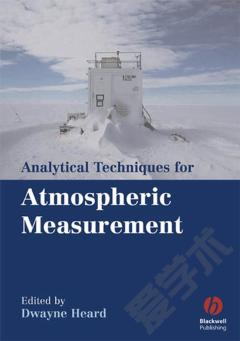

 京公网安备 11010802027623号
京公网安备 11010802027623号